6 heartbreaking stories from Kelantan, one year after the floods
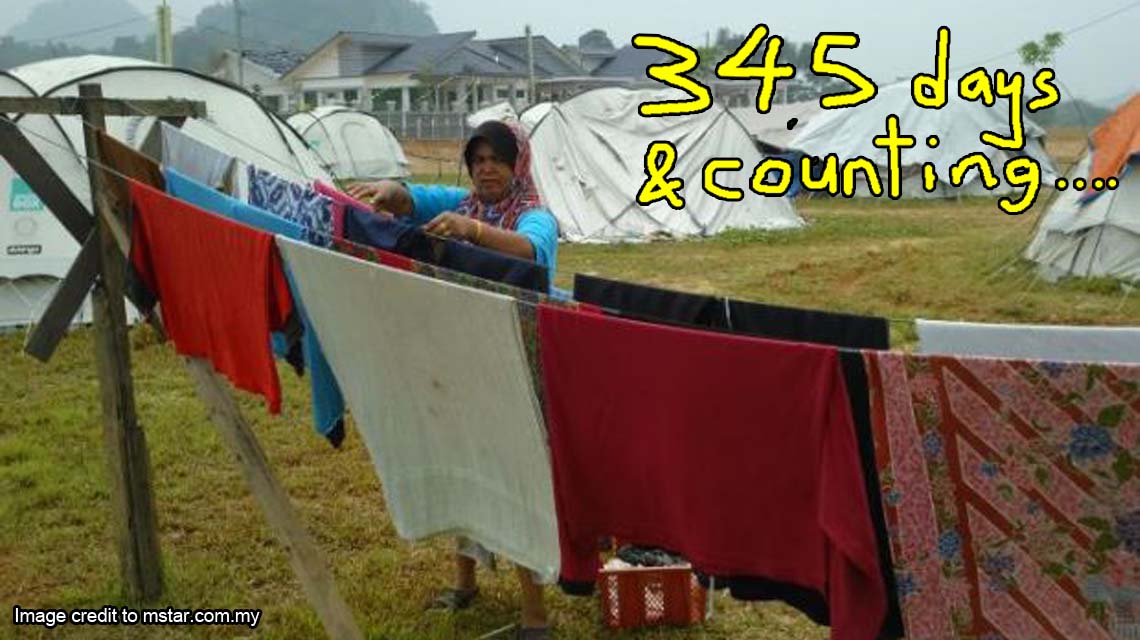
- 1.5KShares
- Facebook1.5K
- Twitter1
- Email1
- WhatsApp1
The picture above is a picture of Ramlah Ismail, a 51-year old victim of Kelantan’s 2014 flood. With her house washed away, she’s been living in a tent ever since (or at least until 27th October 2015 when the article was written). Berita Harian reports that people started moving into tents on the 9th of January. If our maths hadn’t failed us, it would have been 345 days of her living in that tent today (18 Dec 2015). But yea, more stories like that in this article.
For those of you who didn’t know, last year’s flood was a terrible national tragedy. In what was deemed as the worst flood to ever hit Kelantan (even worse than the one in 1967), the waters displaced about 200,000 people and killed more than 20.
Though it feels like it has been a while since the flood happened, we still hear so much of the devastation that was left in its wake.
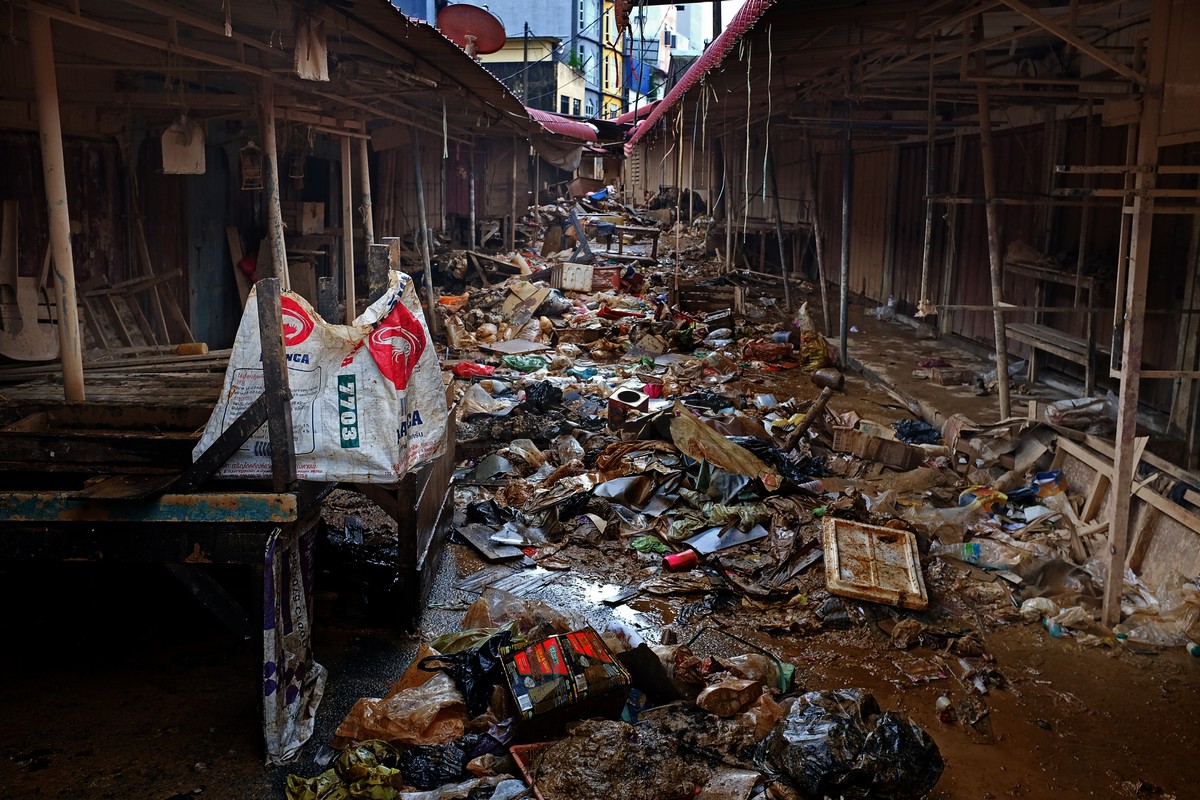
But now that it’s been a year, one could wonder how are things over there in Kelantan?
Well, there have been quite a number of stories of how the people of Kelantan have been dealing with the tragedy. What we’ve tried to do here is list down a few of them. A lot of these stories are actually from Astro Awani’s Cerita Banjir series, so do check them out to read more stories and in more detail than from what we’ll be writing here.
1. The family that have been living in a tent for a year
Kak Ju is a woman in her 40’s who has been living in a tent since the flood forced her from her home. Her family is one of 5 families that are still living in tents in Bandar Utama, Gua Musang.
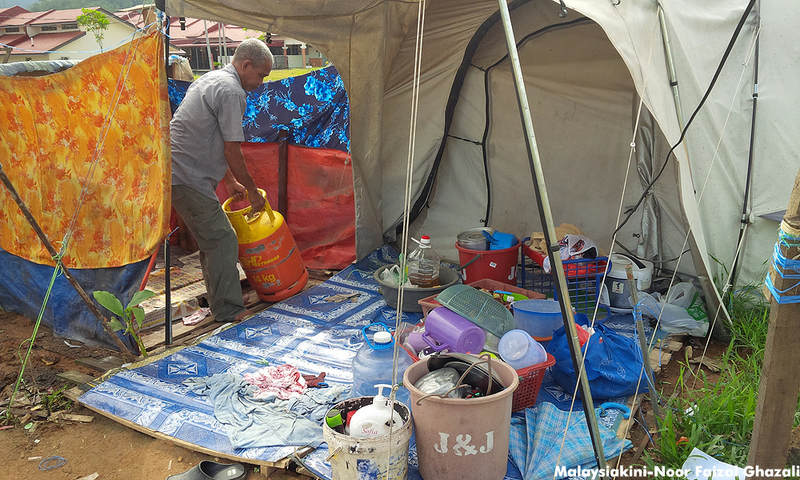
Tired of being pushed all over the place by the authorities, her family defied the instructions of the authorities to move to a National Service camp in Taman Etno Botani, choosing instead to continue living in tents. Her reason for not swapping her tent with a proper building? She says that the dorms at the camp are very crowded, something that MalaysiaKini talks about in more detail here.
“Even if we move there, we know we would have to shift again when the National Service term starts.” – Kak Ju, in an interview with MalaysiaKini
This then led her to say that they feel like they’re being kicked around like a football. The situation is made even more painful because many groups have come and promised them houses. But with no guarantee, it has become but a rumour.
“We cannot afford to rent a house, rent is just too high. We were once promised rented premises by an NGO, but even that did not pan out.” – Kak Ju
2. The mother and daughter who were traumatised by a 2-storey flood
Last December, Rohana Awang and her 8-year old daughter took shelter together with other villagers in the nearby SMK Manik Urai. As the waters started to rise, they moved first from the ground floor, to the 1st floor, then to the 2nd floor, and finally the 3rd and final floor of the building.
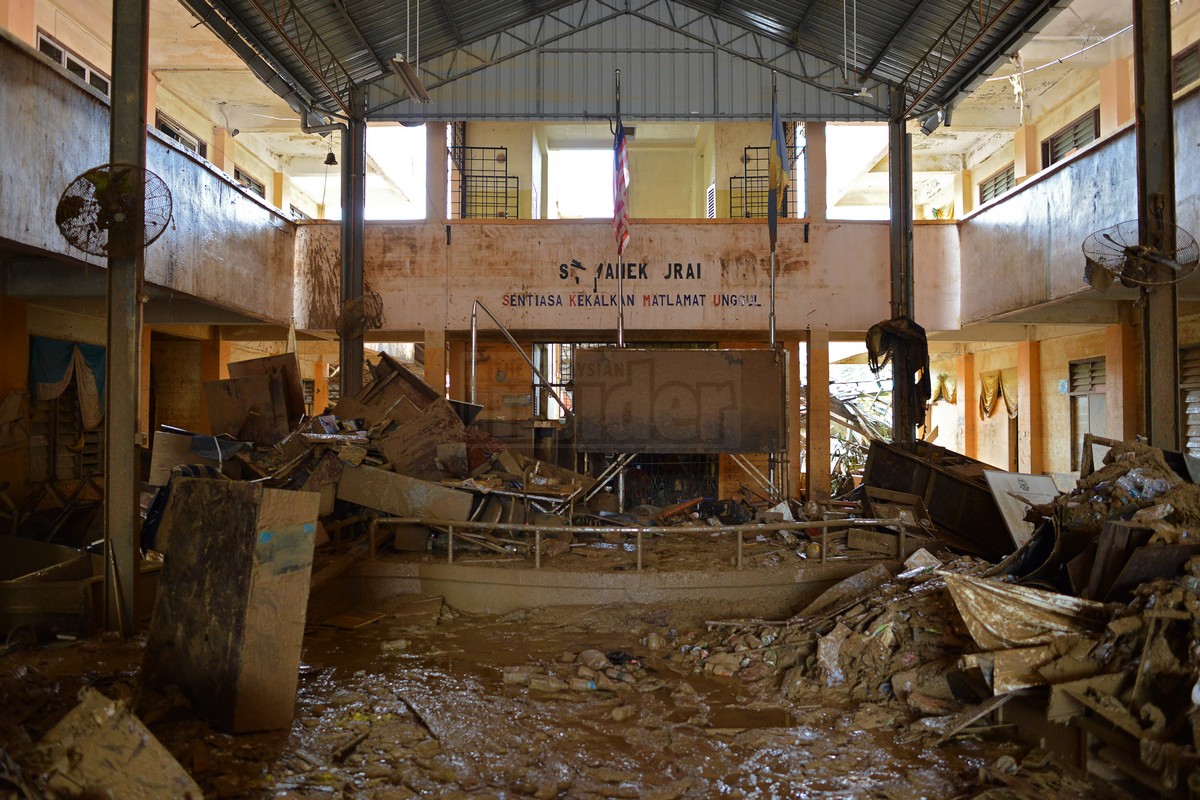
“It is difficult to describe our anxiety then and luckily the water only rose up to the second floor.” – Rohana Awang, as quoted by Bernama
They even felt the impact of drifting logs hitting the building!
She says that until today her daughter remains traumatised by their ordeal and is scared by the sight of Sungai Galas, the river near their house that overflowed.
Unfortunately, with everyone on high alert, there have also been false alarms of floods, something that Rohana is concerned with.
“We have been traumatised, so don’t aggravate our fears with unfounded news. My advice is that please disseminate only what is valuable to the people.” – Rohana Awang, as quoted by Bernama
3. The man who faced the flood alone
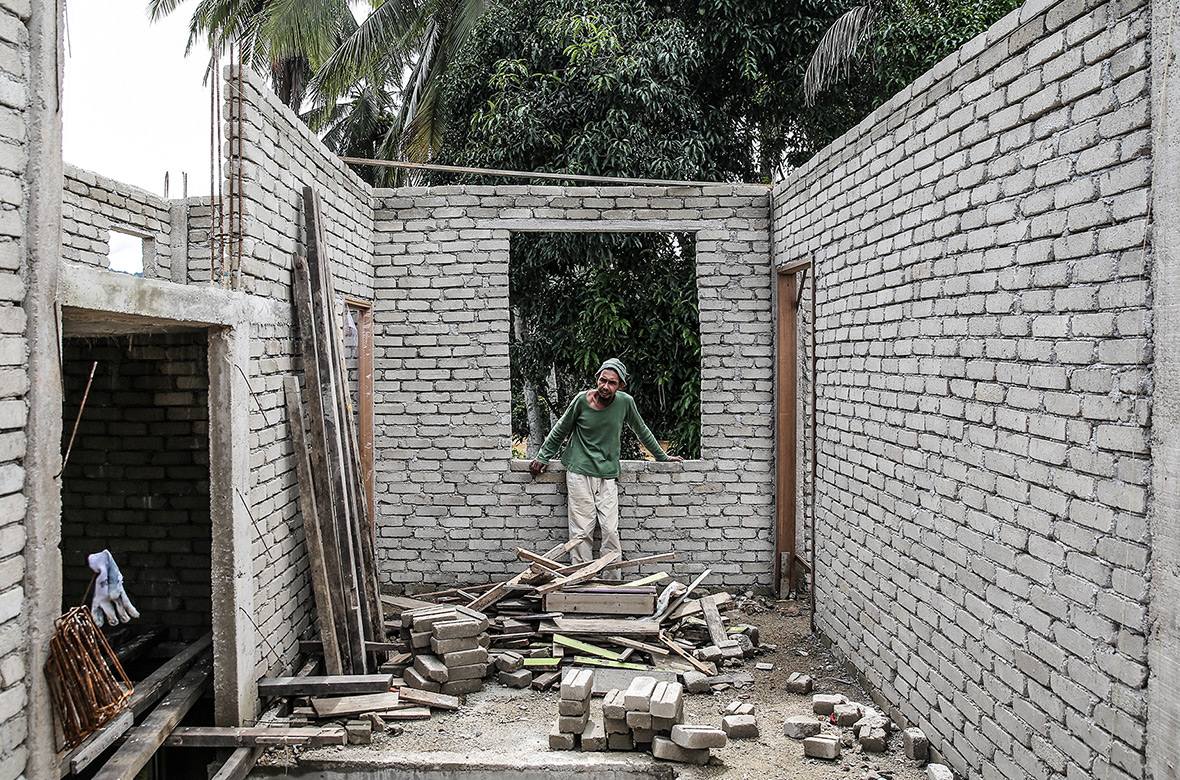
Azami Harun is a 51-year old constuction worker (and occasional rubber tapper) whose house was wrecked terribly by the flood.
When the water levels first started to rise, Azami Harun’s wife was in the Holy Land and his children were away. He left his home and stayed at a friend’s place for 2 weeks before moving into a tent set up on a hill.
Azami returned, together with his wife (who was back in Malaysia by then), on January 2, 2015. The whole place was covered in mud, and the attic that was made of wood, was no longer there. What was left was the bottom of the house because it was made of bricks.
“My heart sank looking at the state of the house. Knee-deep in mud. Almost everything destroyed.” – Azami Harun, as quoted by Astro Awani
For the past year he has been slowly rebuilding his attic along with 2 bedrooms and a storeroom but it still has no roof yet.
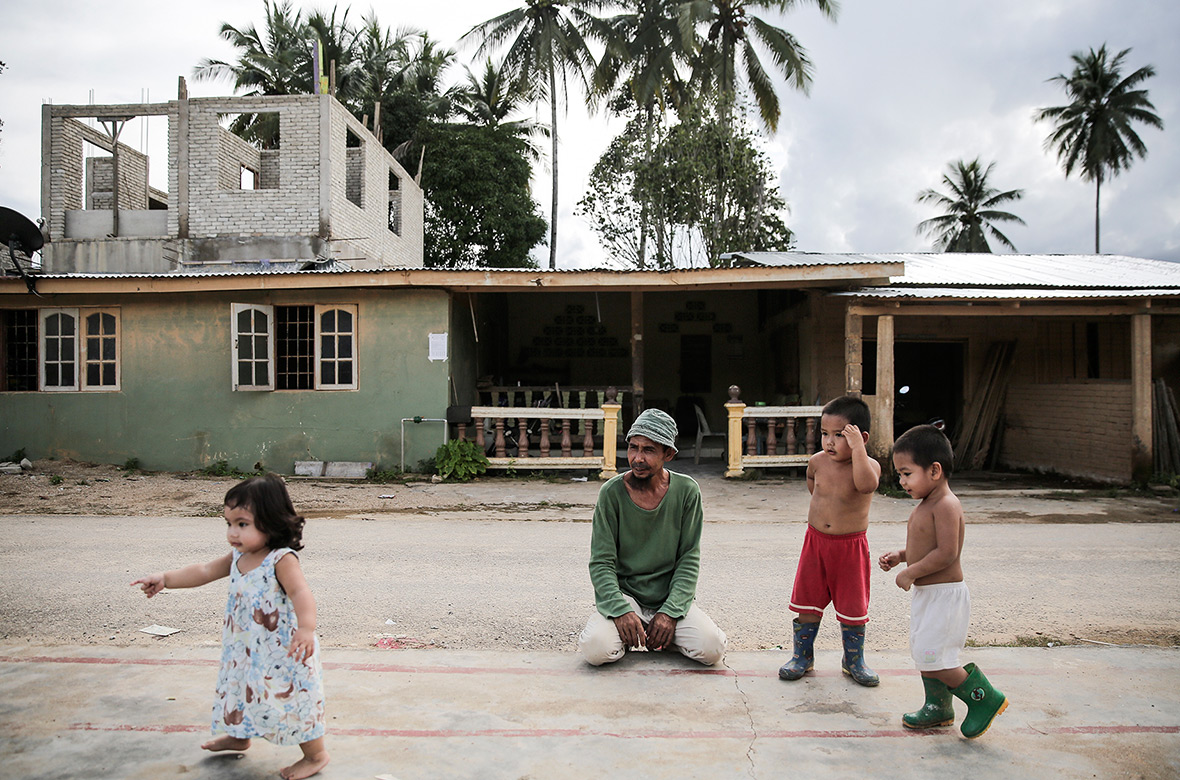
But why rebuild when he can move to someplace safer? Well he says this.
“Where would I go? This is the only home my family and I have. So if there is a will, there is a way. The rest, we leave it to Him.” – Azami Harun, as quoted by Astro Awani
4. The empty mosque of a once lively village
Kampung Kemubu used to be a very neighbourly place. People would visit each other often and many would gather to pray together. They were a big, happy family.
But ever since the flood, that doesn’t happen anymore. This blog puts their total population at 3,700 people but one of their Maghrib prayers saw only 30 people attend.

These days, people prefer to keep to themselves and no longer stopped to chat if they had the chance.
Imam Mustafa Husain tells Astro Awani that he feels he has the responsibility to help these people recover from their ordeal and start over as a community. He says that he, together with other elders, are doing their best to continue the work that was started by aid workers and counsellors.
Even with the Kelantan gomen instructing all mosques to hold a communal prayer twice a week for protection, Imam Mustafa knows there is still work to be done.
“Allah does not change the condition of a people, until they change their own condition. Prayer must be supplemented by unwavering effort.” – Imam Mustafa Husain, as quoted by Astro Awani

He adds that the village has decided to build a proper shelter up on a hill where they went to escape the flood the last time.
And speaking of shelters, check this next story out.
5. The man who was inspired to build his own flood shelter
When the flood hit, Rosli Ab. Ghalib’s house kena telan by the water kau-kau. From that, he learned that he needed to be prepared. So when the monsoon season started approaching this time round, he just cool-ly started to build his own shelter up on a hill nearby.
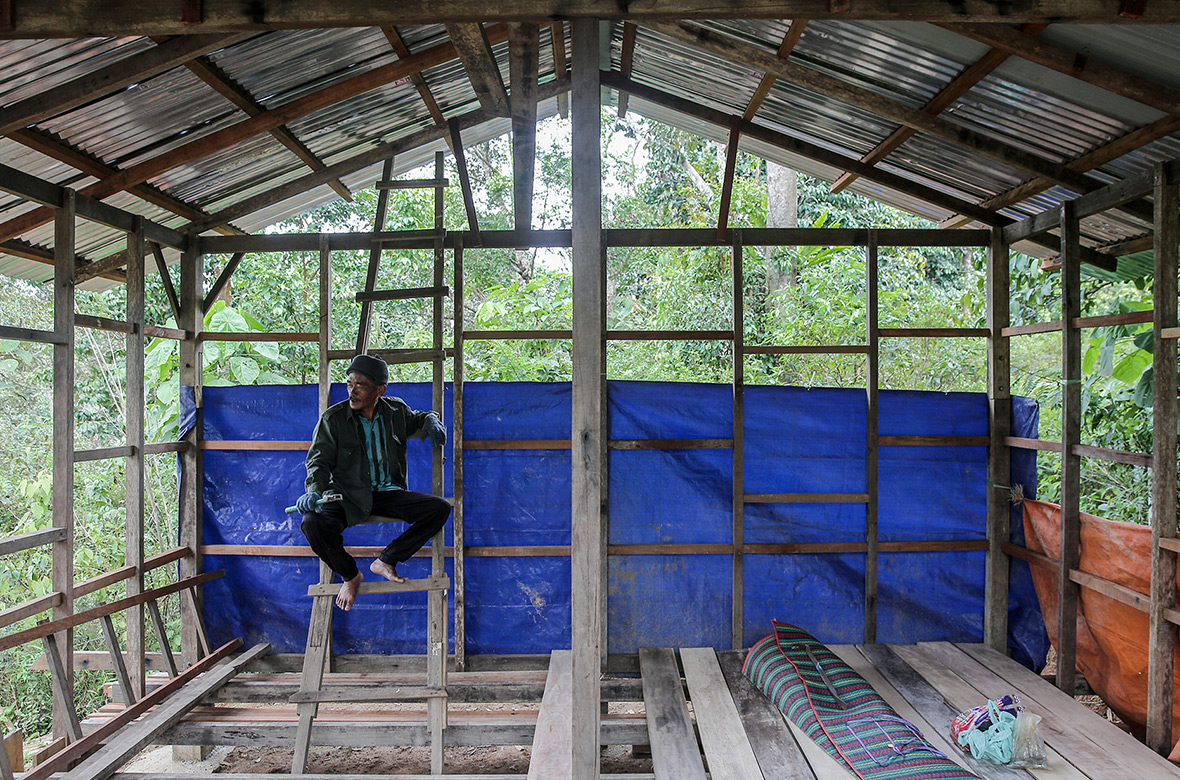
Even though the hut is halfway done, he’s only spent RM800 on it so far. This is because he’s been using recycled wood rather than buying new wood.
What’s even cooler is that he’s never actually been very good at carpentry!
“I learnt by observing the structure of my own house, and also talking to my friends who are used to building stuff. I think I’m in over my head on this one.” – Rosli Ab. Ghalib, as quoted by Astro Awani
But he’s not the only one who has resorted to building shelters to prepare for the floods. Free Malaysia Today also reported that other families doing the same.
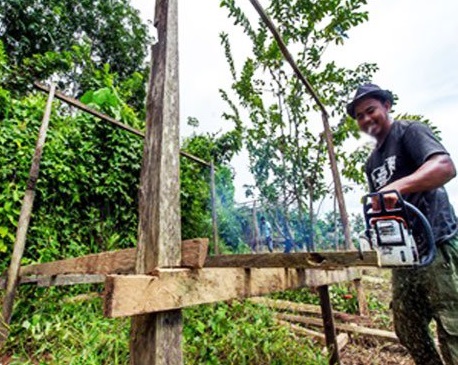
“We built them using wood from the forest and we had to use our own money to buy other materials like zinc. These four sheds will house 30 members of my family.” – Rubber tapper Zanuddin Che Mat, as quoted by Free Malaysia Today
But there were also those who were much more…proactive.
“We made this preparation early this month when our family members heard news that a major flood would occur again this year. That is why we have bought a boat that can carry five to six people.” – Rubber tapper Mohammad Samat, as quoted by Free Malaysia Today
6. The friendship that the flood couldn’t wash away
Siti Nadia Che Pari and Nor Diana Rosli are two friends who met each other on the train that runs from their homes in the Bukit Abu rubber plantation to their school in Dabong (called SMK Dabong).

Astro Awani reports that it was on the train that they forged their friendship. It was hard for them to meet anywhere else because they were in different classes in school, and though they were in the same village, their houses were very far apart.
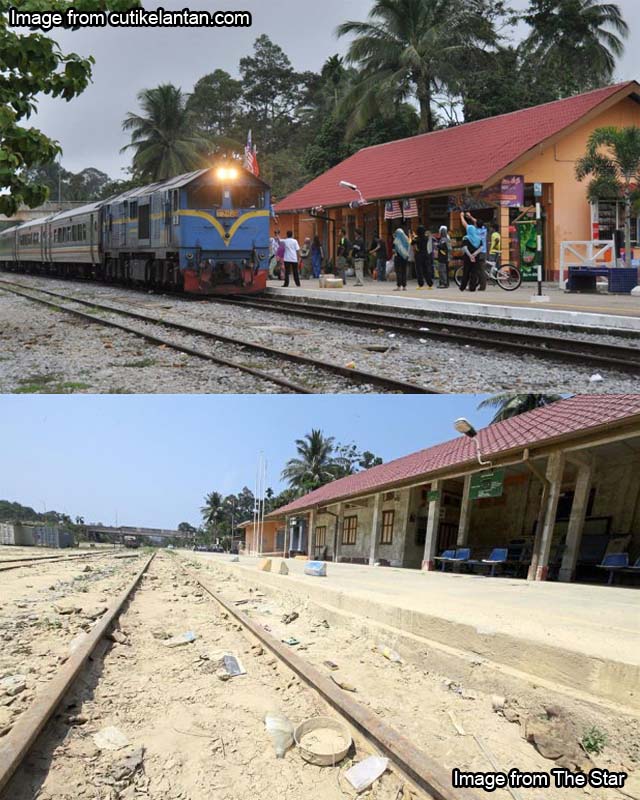
But everything changed when the floods hit. The rail system was severely damaged and that put the train out of service for many months. The Star reported that in January 2015, it was estimated that the rail system would cost RM250 million to fix, along a period of 2 years!
With the train down, they had to go to school by motorcycle, making it hard for them to meet, and thus putting their friendship to the test.
“It’s hard to meet up back home in our village. I don’t own a mobile phone. And even if I did, there is no network coverage anyway. So we simply couldn’t hang out like before, causing me to miss her (Nor Diana) that much more.” – Siti Nadia, as quoted by Astro Awani
But they are optimistic about their friendship. Nor Diana says as long as there is a train, they will be able to meet. On the other hand, Siti Nadia adds that she hopes a telco tower would be built so they can Whatsapp each other every day!
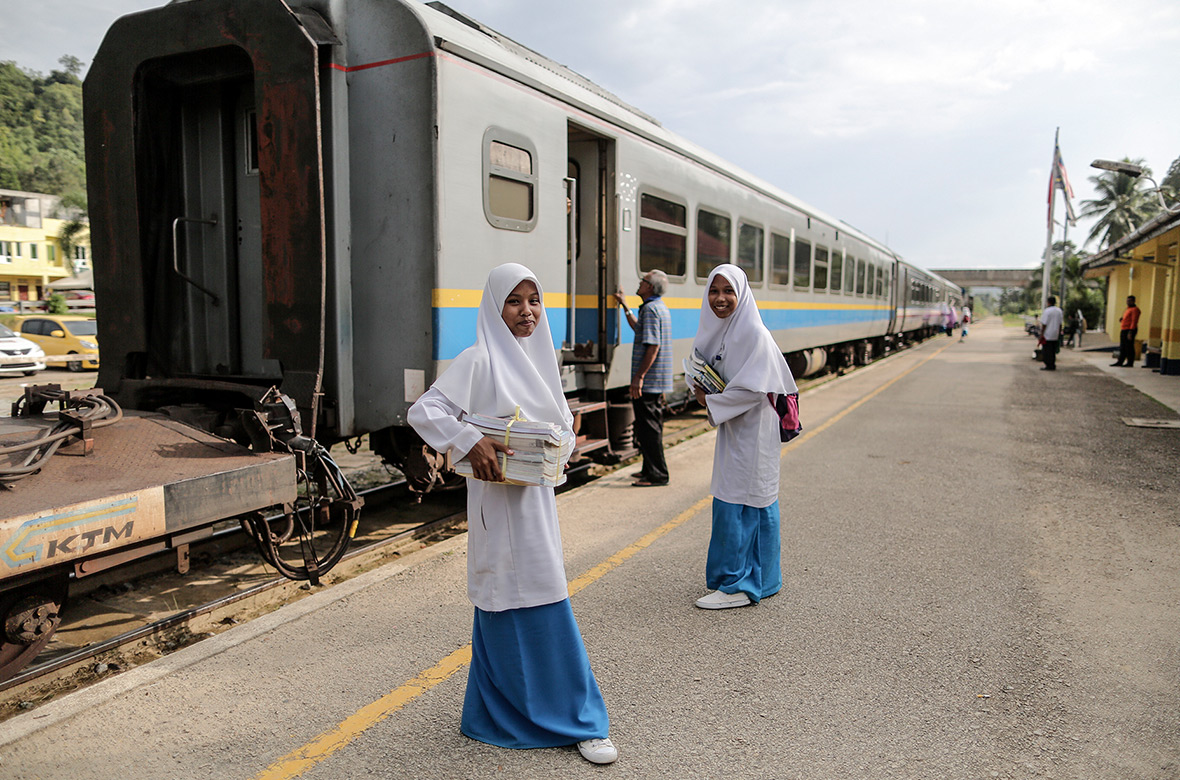
One year on, people are still suffering but you still can help these people!
We mentioned 6 stories above but in all honesty, that is only a fraction of the actual amount of people that are still in need. We don’t know how many but a particular National Service camp alone is currently housing 100 families who are still waiting for new homes.
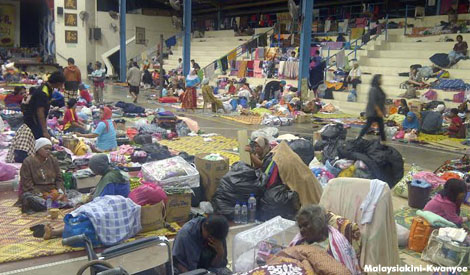
But it’s not like we can’t do anything about it. As it turns out, there are still organisations out there who are still working to help these people one year later. For example, these organisations are still looking for flood relief donations.
But for those who want be more involved, we found these 2 organisations:
- Food Aid Foundation who are still actively working to get food to Kelantan flood victims.
- Rakyat4rakyat who were recently looking for volunteers to help out with their Kelantan projects.
Also, if you know of an organisation that is doing great work in Kelantan that we didn’t mention here, leave a comment for us to see and we’ll update this list!
Because with the news that most of the houses that the gomen is building a few months away from being completed, these people are still going to need all the help they can get.
- 1.5KShares
- Facebook1.5K
- Twitter1
- Email1
- WhatsApp1



